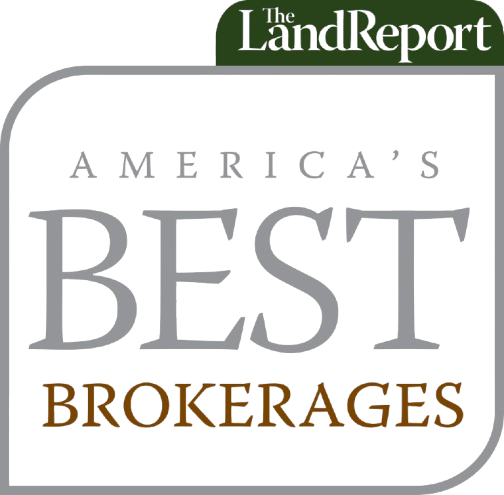A 1031 exchange is a tax-deferred exchange of certain types of property that allows investors to defer capital gains taxes on the sale of the property if they reinvest the proceeds into a similar property. This type of exchange is named after Section 1031 of the Internal Revenue Code.
When considering your options, a 1031 exchange may allow you to own a property that has better return prospects. Perhaps you’re managing a property and are looking to exchange for a property already managed so that you may spend your time and efforts elsewhere and also diversify assets. In addition, considering a 1031 exchange may be an efficient solution for estate planning. It would allow you to consolidate several properties into one or, perhaps, you might want to divide a single property into several assets. Whatever the reason, a 1031 exchange defers the capital gains and resets the depreciation clock.
There are guidelines or rules when utilizing the 1031 exchange. For example, you must identify a replacement property for the assets sold within 45 days and close on an exchange within 180 days. In order to receive the full benefit, you’ll want to choose a replacement property of equal or greater value and the property must be held for investment, not personal use or resale. This brings us to the three-property rule. One must identify three properties as potential purchases regardless of their market value. There are more complex rules such as the 200% and the 95% rule. The 200% rule allows you to identify unlimited replacement properties as long as their cumulative value doesn’t exceed 200% of the value of the property sold. The 95% rule allows you to identify as many properties as you’d like as long you acquire properties valued at 95% of their total or more.
Working with a real estate agent that has experience is beneficial. For a transaction, expenses and fees that can be paid with exchange funds are:
- Broker’s commission
- Qualified intermediary fees
- Filing fees
- Related attorney fees
- Title insurance premiums
- Related tax adviser fees
- Finder fees
- Escrow fees
Expenses that cannot be paid with exchange funds include:
- Financing fees
- Property taxes
- Repair or maintenance costs
- Insurance premiums
A 1031 exchange can be inherited by heirs and as a result, the property’s value is stepped up to fair market, which wipes out the tax deferment debt.
Agents at Corder and Associates have experience working with 1031 exchanges. We have colleagues that we work alongside with to make your 1031 exchange a seamless transaction.




